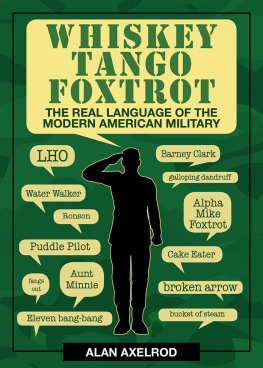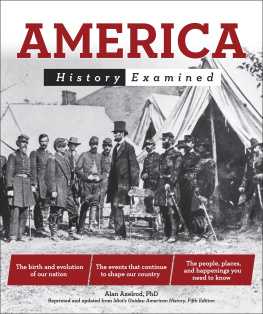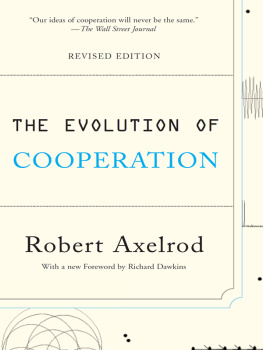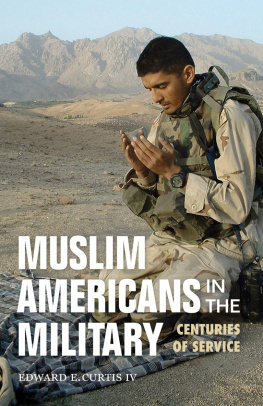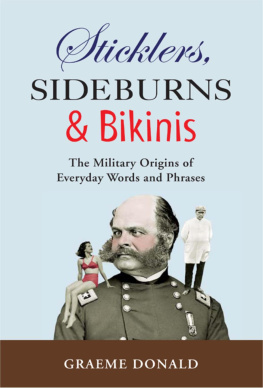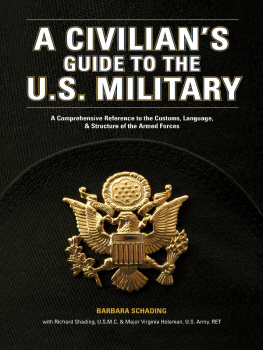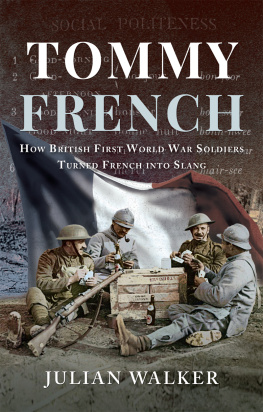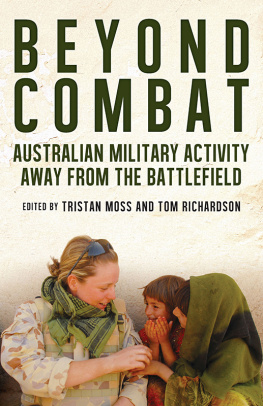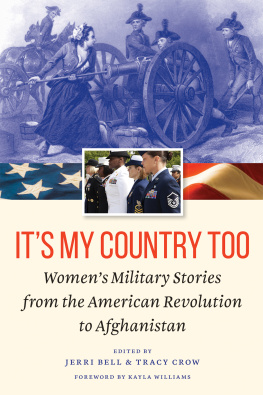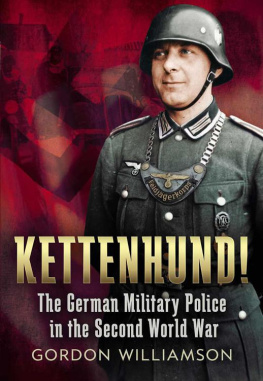WHISKEY
TANGO
FOXTROT
THE REAL LANGUAGE OF THE
MODERN AMERICAN MILITARY
WHISKEY
TANGO
FOXTROT
THE REAL LANGUAGE OF THE
MODERN AMERICAN MILITARY
ALAN AXELROD

Copyright 2013 by Alan Axelrod
All rights reserved. No part of this book may be reproduced in any manner without the express written consent of the publisher, except in the case of brief excerpts in critical reviews or articles. All inquiries should be addressed to Skyhorse Publishing, 307 West 36th Street, 11th Floor, New York, NY 10018.
Skyhorse Publishing books may be purchased in bulk at special discounts for sales promotion, corporate gifts, fund-raising, or educational purposes. Special editions can also be created to specifications. For details, contact the Special Sales Department, Skyhorse Publishing, 307 West 36th Street, 11th Floor, New York, NY 10018 or info@skyhorsepublishing.com.
Skyhorse and Skyhorse Publishing are registered trademarks of Skyhorse Publishing, Inc., a Delaware corporation.
Visit our website at www.skyhorsepublishing.com.
10 9 8 7 6 5 4 3 2 1
Library of Congress Cataloging-in-Publication Data
Axelrod, Alan, 1952
Whiskey tango foxtrot : the real language of the modern American military / Alan Axelrod.
pages cm
ISBN 978-1-62087-647-3 (pbk. : alk. paper)
1. Soldiers--United States--Language--Dictionaries. 2. Sailors--United States--Language--Dictionaries. 3. English language--United States--Slang--Dictionaries. 4. Military art and science--United States-Dictionaries. I. Title. II. Title: WTF, the real language of the modern American military. III. Title: real language of the modern American military.
PE3727.S7A95 2013
427.973088355--dc23
2013011431
Printed in the United States of America
For Anita and Ian
TABLE OF CONTENTS

Book (1), Slang, Military
G eneral George S. Patton Jr. once observed that, next to war, all other human endeavors pale into puny insignificance. Actually, it might have been George C. Scott playing Patton in the 1970 biopic directed by Franklin Schaffner. Doesnt matter. For one thing, Scott played Patton better than Patton ever played Patton, and, for another, the statement is pretty nearly true no matter who said it. For what is more costly, in money, materials, effort, pain, and life, than war? What requires a greater degree of coordinated energy? What else so tasks the hearts and minds of so many? What other human endeavor encompasses such a range of undertaking, from acts of deepest secrecy and darkest crime to the grandest mobilization of entire peoples, with vast armies shaping and reshaping the world?
And what else produces so many words, acronyms, and utterances than fighting wars and preparing to fight wars?
There is no grander or humbler stage for the enactment of language than war. War leaves untouched no aspect of human activity and emotion. Words born of the profession of arms describe the most exceptional, extreme, exalted, daring, and horrifying deeds as well as the most mundane: laboring, eating, eliminating, washing, cooking, fornicating, sleeping.
Over many years, soldiers, sailors, marines, and airmen have built their own language to express everything from the raw emotion to the complex technology in the lives of a group of professionals whose vocation is to kill people, break things, and, afterward, come home alive. They labor in a trade freighted at the highest levels of politics and command with words intended as much to conceal and deceive as to reveal and illuminate. At the lower levelthe level of the eleven bang-bang, the ordinary seaman, the grunt gyrene, and the balls-to-the-wall pilotit is a job just as focused on seeing through and cutting through the nonmeaning and nonsense emanating from the Five-Sided Squirrel Cage (i.e., the Pentagon).
The sources for the words and phrases in this book include such official authorities as the Department of Defense Dictionary of Military Terms (www.dtic.mil/doctrine/dod_dictionary/) and S. F. Tomajczyks magnificent Dictionary of the Modern United States Military (Jefferson, NC: McFarland, 1996), but the most compelling elements of military language have no official sources. They come from the bottom up. Whiskey Tango Foxtrot: The Real Language of the Modern American Military is devoted to the linguistic world of that lower level, a world alternately hot, cold, horrible, glorious, squalid, adrenaline-charged, worked to exhaustion, lifted by comradeship, desolated by loneliness, and bored to desperation, a world in which words must be as sharp as bayonets.
The military is both a distinctive way of life and a community, and a command of what we might call the communitys folk speechits slangis essential for admission to full membership within the group. Some military folk speech is familiar almost exclusively to the troops. A shit screen, for example, is a fall guy, the person who takes the blame for some foul-up or infraction. A jarhead is an enlisted marine. Other elements of military vocabulary, as you will see, have become part of our general folk speech, military and civilian. In both its exclusively military and more general military-civilian forms, the real language of the modern American military embodies a uniquely American attitude and an exuberantly colloquial, unwaveringly honest, and enduringly American grace under pressure.
ONE
Behind the Butt Plate
Living the GI Life

1st CivDiv
Mythical military formation Marines join when they leave the Corps and reenter civilian life: 1st Civilian Division.
A-Farts
Ad hoc acronym for American Forces Radio and Television Service, which broadcasts to U.S. armed forcesin camps, on ships, everywhereworldwide.
Anymouse
On board U.S. Navy ships, the name for the lockbox in which sailors are welcome to drop anonymous suggestions.
Army Crimes
What GIs call Army Times, the official weekly periodical published by the army for their benefit. Alternatively, the publication is known as Army Slimes.
Asshole buddy
Ones best, most trusted friend, comrade, and confidant. There is no sexual connotation whatsoever. Asshole buddy is a prime example of a dysphemism, the polar opposite of euphemism. Whereas euphemism pretties up an ugly situation or concept with a mild wordindependent thinker to describe an obstinate morondysphemism uglies up a desirable situation or concept with an unpleasant word. This is typical usage of language in the rank-and-file American military.
Attaboy
A reward given to an individual soldier, sailor, airman, or marine or to an entire unit for a job well done. The reward in question might be nothing more than a word of praise from the commanding officer, a weekend pass, or a special treat at mess. Cynical commanders often use the expression petting the animals as an alternative to attaboy.
Baboon ass
Rumor has it that the U.S. Navy serves the finest cuisine of any military in the world. Sailors whove eaten USN corned beef, a staple they call baboon ass in the service, will tell you otherwise.
Bag of smashed asshole
Used to describe (generally to his face) a soldier whose uniform is sloppy, dirty, wrinkled, or in some other way grossly unsatisfactory. Private Pyle, you look like a

